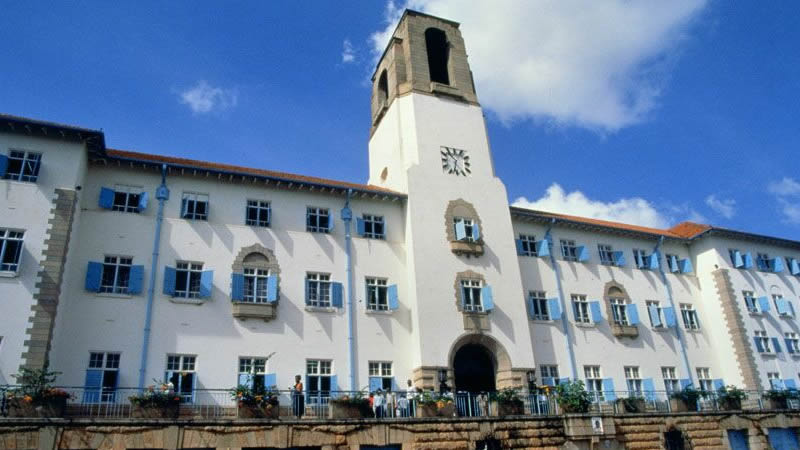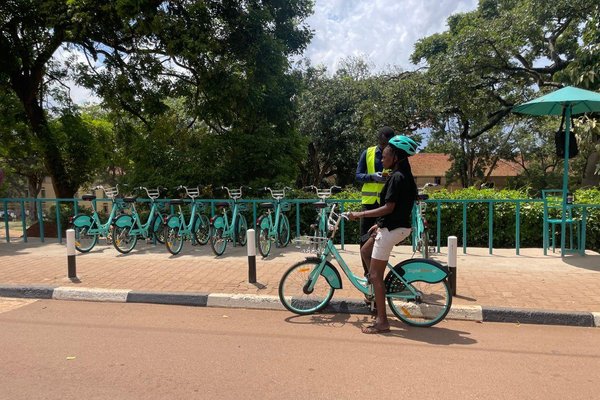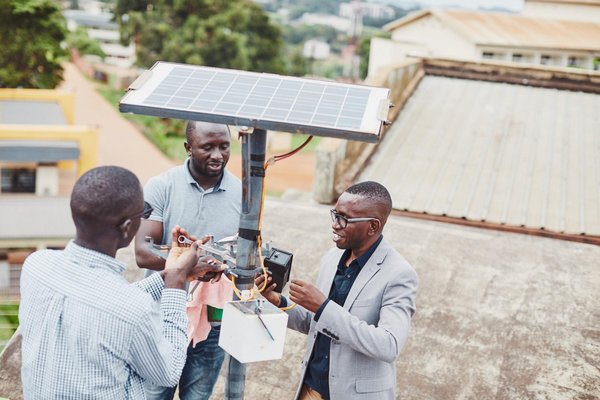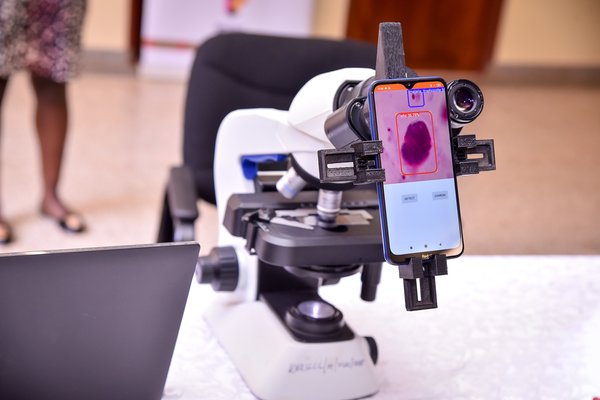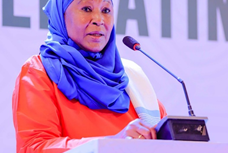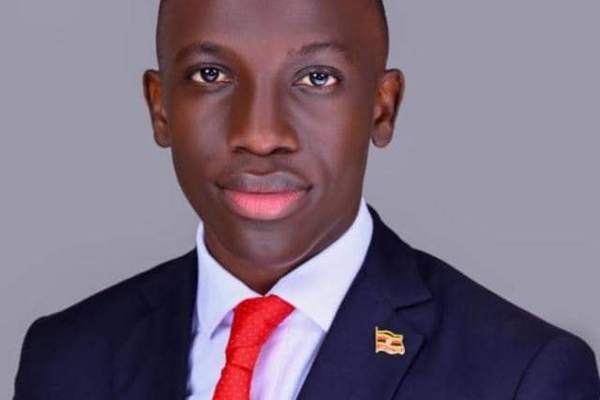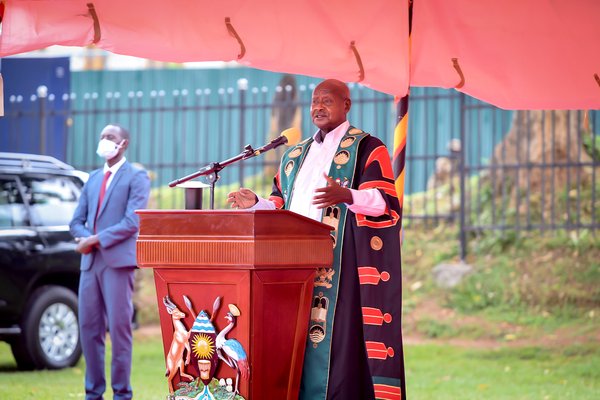By Mark Wamai
Early in 2021, various media houses were awash with headlines occasioned by a big word, “aflatoxins”. This buzzword had led to Kenyan authorities imposing a ban on all maize imports from Uganda, leaving both farmers and middlemen stuck with their produce.
Aflatoxins, according to the US National Cancer Institute, are a family of poisonous substances produced by certain fungi that are found on agricultural crops such as maize, groundnuts, cottonseed, and tree nuts. The World Health Organisation adds that these poisonous substances have the ability to alter DNA and cause cancer that induces tumours in the liver of animals and humans. Research by students at Makerere University indicates that improper drying, high relative humidity and temperature and poor crop storage practices can lead to grains being infected by fungus of species Aspergillus parasiticus and Aspergillus flavus, which produce aflatoxins. These substances, like most things, if consumed in marginal amounts are easily dealt with by our livers. It is only when they exceed certain limits that they become unmanageable, leading to liver cancer and a host of many diseases as well as disorders.
Enter Kesha Limited
This alarming news did not go unnoticed by a group of students at Makerere University. Together, Brian Egesa, Randolph Rubaihayo, Anthony Mally and Bonita Natukunda founded Kesha Limited with the objective of coming up with an innovation that is effective, efficient and able to test all food crops especially cereals and nuts for aflatoxin contamination. Kesha is an acronym of key mainstay specific values and mandate of the company: knowledge, excellence, sustainability, honesty and adaptability.
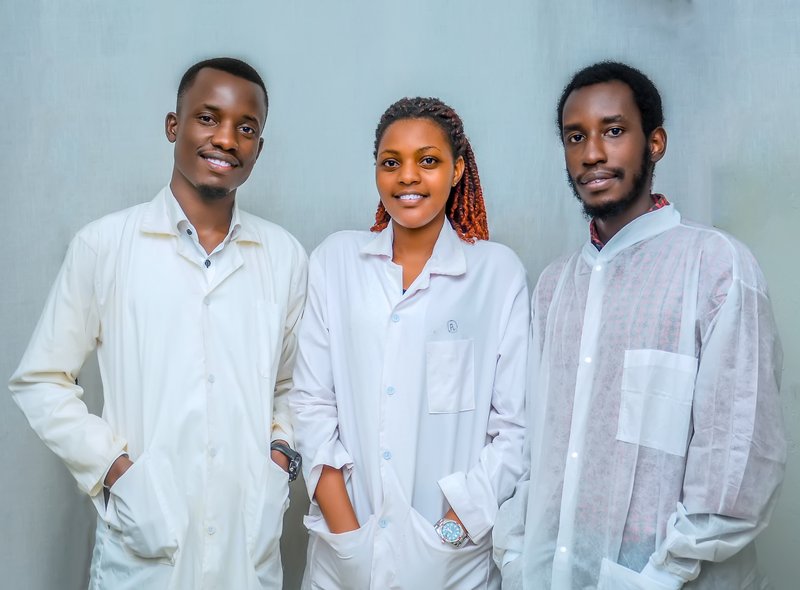
Members of Kesha Limited L-R Mally Anthony, Natukunda Bonita and Rubeihayo Randolph.
Beyond detecting contaminated agricultural produce, the team also sought to design a device that could detect contamination in food prepared using aflatoxin-affected materials.
To put this task in perspective, testing for aflatoxins in 2021 required farmers to submit their samples to a lab where High Performance Liquid Chromatography (HPLC) machines would detect the degree of infection, then a report would be written and sent back to the farmer, often weeks later. According to the team, a machine of this nature cost approximately Shs200 million then.
The team’s device therefore not only had to be affordable but also portable, user-friendly and easily deployable, with the ability to test samples from at least 20,000 farmers in 24 hours, as their background research had revealed.
Progress made to-date
As of today, the development of such a device that the team is working on has undergone three phases. Phase one came up with the concept and produced the device. Phase two produced a working prototype that could test for aflatoxins of different types namely; B1, B2, G1, G2, M1, and M2. The eventual product, as opposed to its HPLC lab-based counterparts, was Kesha Limited’s portable digital aflatoxin biosensor. The device makes use of one of the most sophisticated technologies – infrared spectroscopy, which is not only more sensitive, but also cheaper to deploy than HPLC. The device is able to test for all the aforementioned aflatoxin types from different food sources, and has to-date tested 500 different samples for aflatoxins.
Phase three, its current phase, is seeking to make as many of these devices as Kesha Limited’s founding members’ pooled resources can afford. The team has now developed a third prototype and modified it with the goal of producing a miniature device that is as portable as a smartphone, and straightforward for even users who dislike technology.
How it works
The device comes with a screen upon which the sample to be tested is placed. Once activated the device sends light into the sample and maps out the aflatoxins to determine the absorbance, and, based on this, converts it into a concentration. The result informs the tester of the extent to which their produce is contaminated.
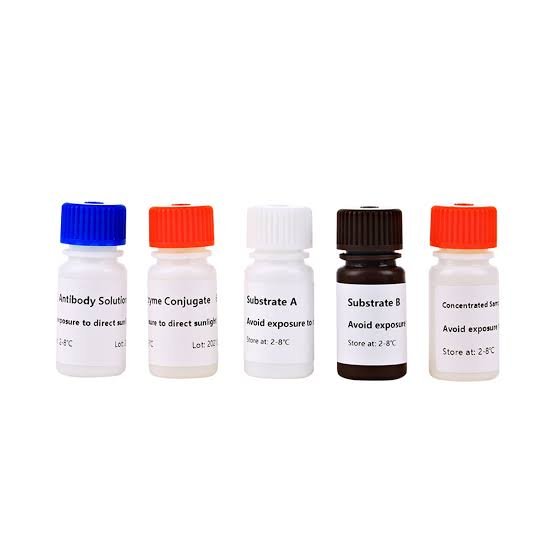
Components used to run the aflatoxins tests
The device has been received well by scientists and farmers. Farmers are happy with it because they have been empowered to gauge, by the level of aflatoxin contamination, how well they are doing in terms of postharvest handling practices, and what they can do to improve their ratings. Additionally, students and researchers that conduct studies on aflatoxin contamination in foodstuffs have expressed great interest. The initial high cost of gadgets available on the market notwithstanding, the team notes that quantifying aflatoxin contamination in the laboratory currently requires funding north of Shs2 million or Shs350,000 for a single sample.
Owing to its portability, the current prototype empowers the tester to get real-time data of the aflatoxin levels while out in the field, as opposed to the usual practice of collecting samples, storing them in the lab, analysing them, and then recording the results. Kesha Limited is also targeting parties that buy cereals in bulk such as Kenyan and Tanzanian traders.
Aflatoxin biosensor done, enter fuel adulteration
In January 2022, media outlets were once again awash with reports of hikes in fuel prices arising from delayed customs and COVID-19 clearances of transporters at border crossings. The hiked prices and shortages on the market were further exacerbated by reports of adulterated fuel. Challenged by this outcry, the team at Kesha Limited once again sought to come up with a device that could help reduce cases of fraudulent fuel transactions at the pump in real-time.
Having co-opted more team members with software engineering skills, the team developed a proposal and concept, and raised resources to build a prototype. However, COVID-19 associated shipping challenges made it hard to secure components for this device. When they were eventually able to import some components from China, they had to comb the Kampala market to secure the rest.
The result was a device called the digital fuel gauge biosensor system consisting of sensors that relay data in real-time to a mobile app. A sensor embedded in the entry to the fuel tank and another in the engine accurately detect the quantity of fuel purchased as well as the approximate distance this fuel should take the car, in consideration of various driving conditions i.e. city or highway. It then notifies the driver through the mobile app. To tackle adulteration, the system relies on the density of pure fuel as the standard and any significant variations as a sign of adulteration, upon which an alert is sent to the app. The third aspect of the system is the GPS tracking which informs the driver of the next available options for refueling along their driving route.
Status of the system and future plans
The first working prototype has been designed, tested on the road and improved, and the team is currently looking for funds to scale it up. Kesha Limited is currently exploring collaborations with fuel companies and car manufacturers, especially in the face of increased proliferation of electric vehicles (EVs). EVs by default give the driver real-time information on the current battery charge and the distance to the nearest charging station, which options, especially the latter, are not available for most fossil fuel-powered vehicles in the African setting. The team sees their system as an opportunity the companies that still manufacture or import fossil fuel-powered cars can use to revolutionise both current and future models.
In the face of increasing cases of cancer and malaria, the team is also desirous of solving challenges in the health field. As such, they are reviewing a few herbal remedies that have active ingredients against some of these health challenges for further packaging.
Meet the team
The students are currently incubating their idea at the African School of Innovations Science and Technology (ASIS) Ltd who also run the Young Engineers STEM Education Programme in Ntinda. They are part of a group of young students who pioneered the programme in 2015. Below are their profiles:
Anthony Mally holds a Bachelor of Science in Biomechemistry, with a focus on bioinformatics at postgraduate level. He tackles the in-depth science of different components and is always striving to improve his knowledge of software coding.
Randolph Randy Rubaihayo holds a Bachelor of Biomedical Laboratory Technology with interests in pursuing a Masters in Biomedical Electronics. He designs the biosensors, sources and joins circuit board components, and uses his laboratory knowledge to conduct feasibility studies on toxins so as to improve gadgets based on current technologies and needs.
Brian Egesa holds a Bachelor of Science in Biomechemistry, with interests in pursuing a Masters in bioinformatics or public health. He is a research scientist, whose Diploma in Electrical Engineering as well as mechanical engineering work experience at Kiseka Market greatly contributed to embedding the digital fuel gauge biosensor system in the test vehicle.
Bonita Natukunda has completed a Bachelor of Arts in Economics and is awaiting graduation in January 2025. She guides the team in project planning, monitoring and costing.
Kesha Limited notes that aflatoxins are a challenge not only in Uganda but everywhere else that farming communities exist. Farmers whose produce cannot meet the stringent export requirements for markets in high-income countries due to inability to test for aflatoxins and other contamination stand the risk of being banned. As such, investment in Kesha Limited’s biosensor has the two-fold advantage of not only improving the welfare of Ugandan and other farmers but also minimising the risk of consuming aflatoxins in local and regional markets. Furthermore, investment in systems that monitor the quality and quantity of petroleum products purchased will create a win-win for innovators as well as vehicle owners and companies with products in the value chain. The team is therefore seeking financial support to improve its offerings.
Editor’s Note: These students can been reached at Tel: +256 758 998 707 or +256 709 605 364
Related News
![]() Please join hands with the Makerere University Endowment Fund as it works towards attracting & retaining the best faculty, providing scholarships, and investing in cutting-edge research and technology.
Please join hands with the Makerere University Endowment Fund as it works towards attracting & retaining the best faculty, providing scholarships, and investing in cutting-edge research and technology.
